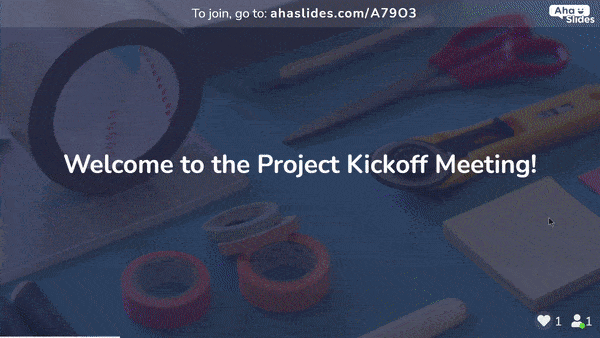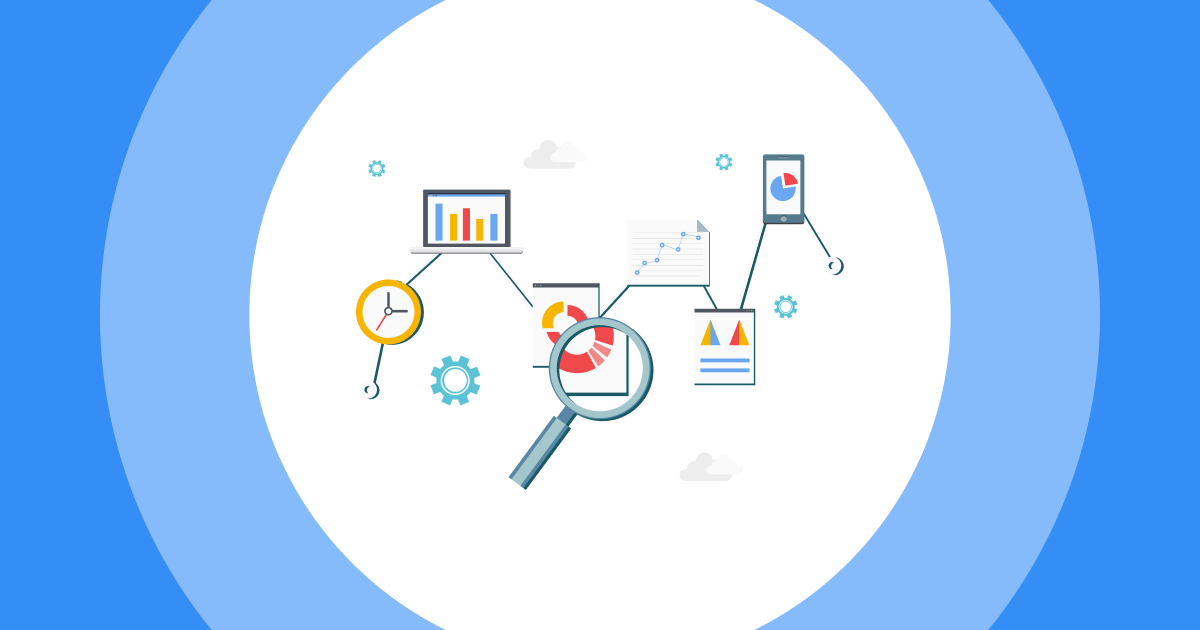What is career planning? – Embarking on a fulfilling and successful career journey requires more than just a stroke of luck. It demands intentional thought, strategic decision-making, and a clear roadmap.
In this blog post, we’ll explore what is career planning and equip you with a straightforward set of steps to kickstart your journey towards a more purposeful and rewarding professional life.
Table Of Contents
- What Is Career Planning?
- Difference Between Career Planning and Career Development
- When Is The Right Time To Start Planning For Your Career?
- How To Start Career Planning: 9 Steps For A Beginner
- 1/ Understanding Your Foundation: Self-Assessment
- 2/ Setting Goals: Defining Your Path
- 3/ Exploring Options: Researching Careers
- 4/ Skill Building: Developing Your Toolkit
- 5/ Networking: Building Professional Relationships
- 6/ Embracing Change: Adaptability
- 7/ Learning from Experience: Seeking Guidance
- 8/ Setting Milestones: Tracking Your Progress
- 9/ Continuous Reflection: Evaluating and Adjusting
- Key Takeaways
- FAQs About What Is Career Planning
Tips for Strategic Career Advancement
- Leadership Development
- Strategic Planning
- Development Goals For Work | A Step-By-Step Guide For Beginners with Examples
- Professional Development Goals | Advance Your Career With 8 Examples
- Work Goals Examples For Evaluation with +5 Steps To Create

Get your Audience Engaged
Start meaningful discussion, get useful feedback and educate your audience. Sign up to take free AhaSlides template
🚀 Grab Free Quiz☁️
What Is Career Planning?
Career planning is like creating a roadmap for your work life. It’s about setting goals and making decisions based on what you’re good at, what you like, and what matters to you.
This process helps you figure out the best path for your career, not just finding any job. It involves thinking about your skills, interests, and values, researching, self-assessments, and setting goals. By doing this, you’re in control, making choices that lead to a satisfying and successful career.

Difference Between Career Planning and Career Development
Career planning and career development are often used interchangeably, but they are actually different things. Let’s take a closer look at what sets them apart.
| Feature | Career Planning | Career Development |
| Focus | Setting career goals and developing a roadmap to achieve them | A continuous process of acquiring skills, experiences, and knowledge to enhance career performance |
| Perspective | Individualistic, focused on personal goals and aspirations | Broader scope, encompassing both individual and organizational goals |
| Activities | Self-reflection, research, goal setting, action planning | Learning and development, training, mentoring, networking, performance management |
| Outcome | A defined career path with milestones and objectives | Improved skills, knowledge, and performance, leading to career advancement and growth |
| Responsibility | Primarily individual | Shared responsibility between individual and organization |
When Is The Right Time To Start Planning For Your Career?
The “right” time to start planning for your career is now. It’s never too early or too late to begin thinking about your professional goals and taking steps to achieve them.
How To Start Career Planning: 9 Steps For A Beginner
Let’s delve into each stage of the career-planning process with practical tips to help you kickstart your career-planning journey.
1/ Understanding Your Foundation: Self-Assessment
The journey begins with a thorough self-assessment. Take time to reflect on your skills, interests, and values. What are your innate strengths? What activities genuinely engage and fulfill you? Consider your core principles and values.
- For instance, if you excel in problem-solving and find satisfaction in collaboration, careers in project management or team-oriented environments may align with your intrinsic attributes.
Tips:
- Be Honest with Yourself: Assess your strengths and weaknesses objectively.
- Consider Your Passions: Identify activities that bring you joy and fulfillment.
- Take career assessments and personality tests: These personality tests and career path tests can provide valuable insights into your skills, interests, and personality traits, and help you identify suitable career paths.
Questions for yourself:
- What are my natural strengths and talents?
- What activities or tasks do I find most satisfying?
- What values and principles are important to me in a work environment?
- Do you prefer working independently or collaboratively?
- Do you thrive in fast-paced environments or prefer a more structured setting?
2/ Setting Goals: Defining Your Path
It is time to establish some objectives now that you have a clearer picture of yourself. Think about where you want to be in the short term and the long term. These goals will act as your roadmap, guiding your career decisions.
- For example, a short-term goal could be completing an online course in graphic design, while a long-term goal might be working as a creative director.
Tips:
- Start Small: Begin with achievable goals.
- Think Long-Term: Consider where you see yourself in five or ten years.
- Be Specific and Measurable: Define goals in a way that allows for clear tracking.
- Prioritize Your Goals: Identify which goals are most critical for your career path.
Questions:
- What do I want to achieve in my career in the next year?
- Where do I picture myself in the next five years?

3/ Exploring Options: Researching Careers
It’s time to explore different career options. Use online resources, attend career fairs, and talk to people in different fields. This is like window shopping for your future career.
Tips:
- Use Online Tools: Explore career websites and industry reports.
- Connect with Professionals: Attend networking events or use LinkedIn to connect with professionals in your chosen field.
Questions:
- What are the various career options in my field of interest?
- What skills are in demand in the job market?
- What are the current trends and demands in my desired industry?
- How do different roles within the industry align with my skills and goals?
4/ Skill Building: Developing Your Toolkit
Identify the skills required for your chosen career path and start building or enhancing them. This is like preparing for a journey by packing the right tools. Take online courses, attend workshops, or seek internships to gain practical experience.
- For example, if you’re eyeing a career in digital marketing, focus on improving skills like social media management and content creation.
Tips:
- Focus on Essentials: Identify core skills needed in your field.
- Practice Regularly: Apply what you learn through real-world projects.
- Identify Transferable Skills: Recognize skills that are applicable across various roles.
- Stay Current: Regularly update your skills to align with industry advancements.
5/ Networking: Building Professional Relationships
Building a network is like having a group of friends who can help you along the way. You may want to consider attending events related to your industry, as well as joining professional groups on social media platforms. This is not just about finding job opportunities but also about learning from others’ experiences.
Tips:
- Be Genuine: Build authentic connections based on shared interests.
- Attend Events: Join virtual or in-person events related to your industry.
- You may need Essential Networking Questions to boost your career success.
6/ Embracing Change: Adaptability
Acknowledge that the job market evolves, and adaptability is a valuable skill. Stay informed about industry trends, technological advancements, and shifts in job demands. This is like being ready for unexpected weather changes on your journey.
Embrace a mindset of continuous learning, and be open to adjusting your career plan based on evolving circumstances. If your industry undergoes a significant shift, consider acquiring new skills to stay competitive.
Tips:
- Stay Informed: Read industry news and blogs regularly.
- Seek Learning Opportunities: Embrace online courses and workshops to stay current.
7/ Learning from Experience: Seeking Guidance
Consider seeking guidance from experienced professionals in your field of interest. A mentor can provide valuable insights, advice, and support as you navigate your career path.
- If you’re aiming to become a healthcare administrator, a mentor with a background in healthcare management can offer invaluable direction.
Tips:
- Be Open to Feedback: View constructive criticism as a learning opportunity.
- Initiate Conversations: Express your interest in seeking mentorship.
Questions:
- What specific challenges do I foresee in my chosen career?
- Who could provide valuable guidance based on their experience?

8/ Setting Milestones: Tracking Your Progress
Break down your career goals into manageable milestones. This is like having checkpoints on your journey to ensure you’re on the right track.
- If your goal is to become a graphic designer, milestones could include completing a design certification, creating a portfolio, and securing freelance projects to showcase your skills.
Tips:
- Celebrate Achievements: Acknowledge and celebrate your progress.
- Adjust as Needed: Be flexible and adjust milestones based on your evolving career path.
Questions:
- What are the small steps I can take to achieve my larger goals?
- How can I measure my progress and success?
9/ Continuous Reflection: Evaluating and Adjusting
What Is Career Planning? Remember, career planning is an ongoing process. Regularly evaluate your goals, assess your progress, and make adjustments as needed. This is like checking your map during a road trip to make sure you’re still headed in the right direction. If your interests evolve or new opportunities arise, be willing to adapt your career plan accordingly.Tips:
- Schedule Regular Check-Ins: Set aside time for self-reflection periodically.
- Stay Open-Minded: Be open to changes in your goals and aspirations.
Questions:
- How have my goals and priorities changed over time?
- What adjustments can I make to stay aligned with my career aspirations?
Key Takeaways
What is career planning? – In conclusion, starting your career planning journey is about self-discovery, goal-setting, exploration, and continuous reflection. By taking simple steps in this blog post, you can start a purposeful journey.

In today’s competitive job market, effective presentation skills are more important than ever. They not only help you communicate clearly but also set you apart from other candidates. AhaSlides is your key to crafting captivating presentations that leave a lasting impression. With our diverse templates and interactive features, you can transform your presentations from informative to engaging. Start your journey to presentation mastery today with AhaSlides!



